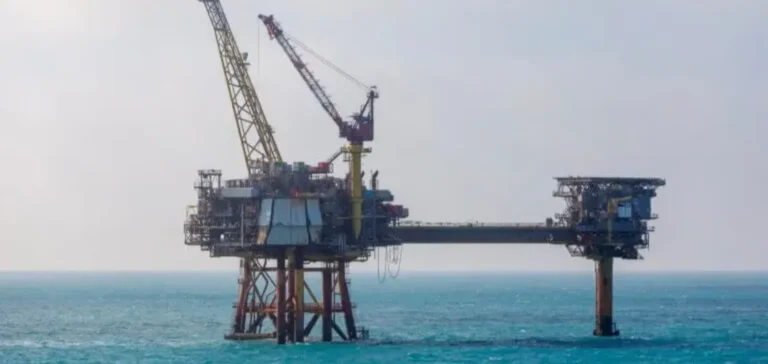TotalEnergies, through its subsidiary TotalEnergies E&P Denmark, has signed a sale agreement for a 35% stake in the Bifrost carbon dioxide (CO2) storage project with Danish company CarbonVault. CarbonVault is a subsidiary of German cement group SCHWENK. Following the transaction, TotalEnergies E&P Denmark retains a 45% stake and remains the project operator, alongside CarbonVault (35%) and Nordsøfonden (20%), the Danish state-owned entity for energy resources.
A strategic site 200 kilometres offshore
The Bifrost project includes two offshore CO2 storage licences located approximately 200 kilometres west of the Danish coast. It is part of TotalEnergies’ portfolio of carbon capture and storage (CCS) projects in the North Sea. The site aims to repurpose former gas infrastructure to inject and permanently store industrial CO2.
SCHWENK, through its subsidiary CarbonVault, plans to use Bifrost’s capacity to store its future CO2 emissions from industrial operations across Europe. The partnership offers the French operator an opportunity to integrate an industrial client into the project development, securing both future site usage and part of the commercial model.
Regulatory conditions and industrial alignment
The transaction remains subject to customary regulatory conditions, including approval by the Danish regulator. This industrial integration aims to link site operations with a concrete end-user need, thereby reinforcing the infrastructure’s commercial viability.
TotalEnergies already manages several similar projects across Europe and North America. The company is developing Northern Lights in Norway, Northern Endurance Partnership in the United Kingdom, Bayou Bend in the United States and Aramis in the Netherlands. All target residual CO2 storage for hard-to-abate sectors such as cement and petrochemicals.
Arnaud Le Foll, Senior Vice President New Business – Carbon Neutrality at TotalEnergies, stated that this partnership would ensure the successful rollout of the Bifrost project, aligned with Denmark’s ambition to become a European hub for carbon storage.






















